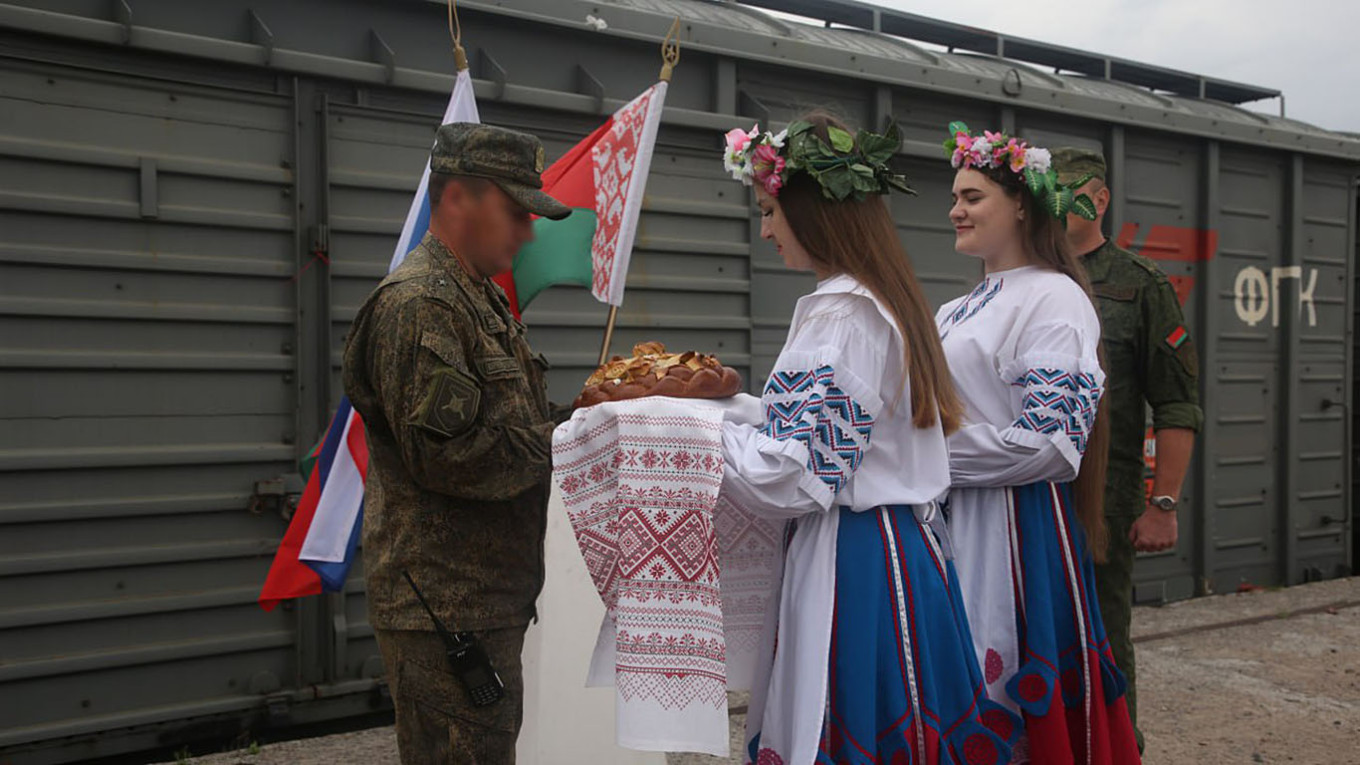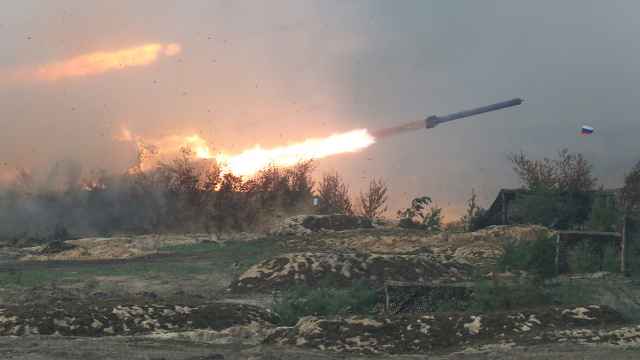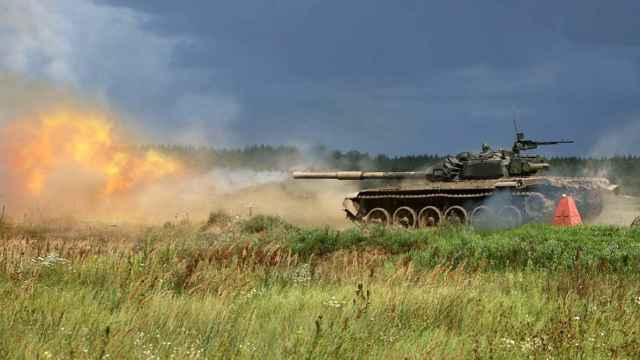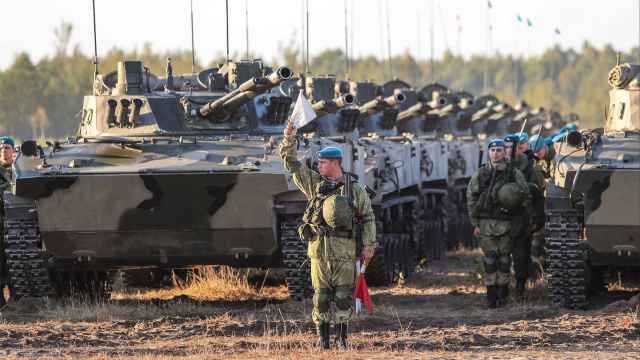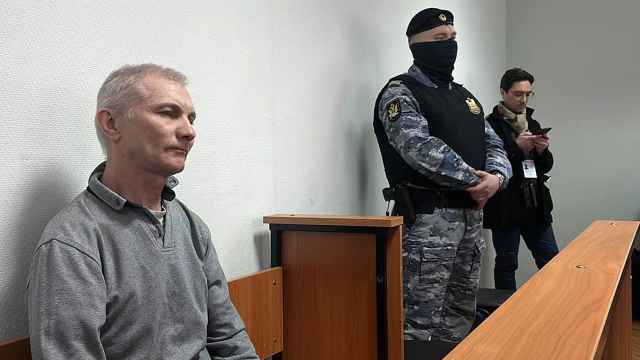Russia and Belarus will hold a scaled-down version of their regular Zapad exercises from Sept. 12 to 16, the Belarusian Defense Ministry said Tuesday, marking the first time the drills have been held since Moscow launched its full-scale invasion of Ukraine in 2022.
Major General Valery Revenko, head of the ministry’s international cooperation department, said the drills aim to test the military preparedness of the Union State, a political and economic pact between Moscow and Minsk that has expanded into defense cooperation since its signing in 1999.
Zapad-2025 will feature air defense exercises, defensive combat scenarios, repelling incursions and tactical aviation support, Revenko said.
Belarusian officials said the first echelon of Russian troops and equipment arrived last week. Around 13,000 personnel are expected to participate, far fewer than the roughly 200,000 who took part in the last Zapad drills in 2021, the year before Russia invaded Ukraine.
Minsk described the reduction in troop numbers as a sign of its “truly peace-loving position” and said the drills would be held deeper inside Belarusian territory as a de-escalatory gesture.
Senior Ukrainian officials have warned that Russia could use the exercises as cover for preparing another attack from Belarus. President Volodymyr Zelensky said in April, “That’s usually how they start a new attack.”
Revenko accused NATO members Poland and Lithuania of ramping up their own military exercises in response. He said Belarus had invited observers, including from nine NATO states, to monitor Zapad-2025 “to see for themselves the openness and transparency of the drills.”
Belarus allowed its territory to be used as a staging ground for Russia’s 2022 invasion of Ukraine.
A Message from The Moscow Times:
Dear readers,
We are facing unprecedented challenges. Russia's Prosecutor General's Office has designated The Moscow Times as an "undesirable" organization, criminalizing our work and putting our staff at risk of prosecution. This follows our earlier unjust labeling as a "foreign agent."
These actions are direct attempts to silence independent journalism in Russia. The authorities claim our work "discredits the decisions of the Russian leadership." We see things differently: we strive to provide accurate, unbiased reporting on Russia.
We, the journalists of The Moscow Times, refuse to be silenced. But to continue our work, we need your help.
Your support, no matter how small, makes a world of difference. If you can, please support us monthly starting from just $2. It's quick to set up, and every contribution makes a significant impact.
By supporting The Moscow Times, you're defending open, independent journalism in the face of repression. Thank you for standing with us.
Remind me later.


